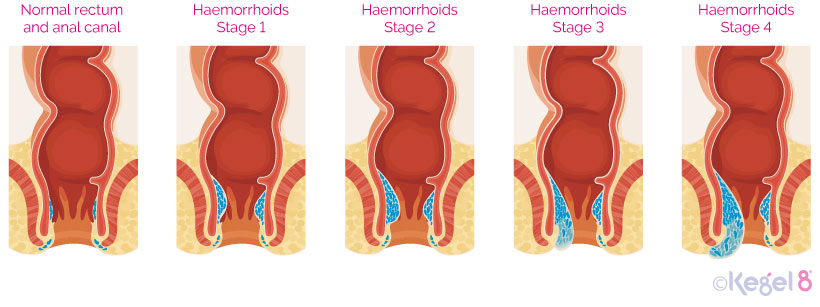Can Weak Pelvic Floor Cause Piles

Depending on the type of pelvic floor dysfunction a person may experience.
Can weak pelvic floor cause piles. The main cause of pop is pregnancy and vaginal childbirth which can weaken muscles of the pelvic floor. In the absence of any treatable disease or functional problems you can work to tighten the sphincter and pelvic floor muscles in the privacy of your own home with just a few minutes of exercise daily. Pelvic floor dysfunction can cause a variety of symptoms and some can interfere with daily life. Pelvic pain or pain in the genitals or rectum.
Avoid constipation by eating plenty of fibre rich foods and drinking plenty of water and strengthen your pelvic floor to avoid and treat piles. Sometimes piles can occur randomly and they can happen to anyone. Your pelvic floor is the group of muscles and ligaments in your pelvic region the pelvic floor acts like a. Being constipated and straining to have bowel.
Pelvic floor muscle weakness. The kegel exercise consciously tightening your pelvic floor muscles has been around for decades and is a very simple procedure. It is more common in women than in men and even more common in women over the age of 50 postmenopausal women but occurs in younger people too. Rectal prolapse and hemorrhoids can both cause irritation discomfort and pain in the anal region.
With a few simple lifestyle changes and kegel8 exercises you can help free yourself from the pain itching and embarrassment of haemorrhoids and piles. It can also lead to urinary incontinence and or difficulties in emptying the bladder. Pelvic floor dysfunction sometimes results in the prolapse of organs located in the pelvis such as the bladder uterus or bowel. Male or female young or old.
Haemorrhoids are abnormally enlarged vascular mucosal cushions in the anal canal. A licensed pelvic floor therapist can conduct a thorough evaluation of the pelvic floor and help you come up with strategies to have a bowel movement without straining. Rectal prolapse is common in older adults who have a long term history of constipation or a weakness in the pelvic floor muscles. Mucosal cushions help us to maintain anal continence but when they become swollen enlarged and start to cause symptoms they then become haemorrhoids.
Other causes of pelvic support problems include menopause aging and repeated heavy lifting. While there are many things that can cause pelvic pain including endometriosis weak pelvic floor muscles can lead to pelvic pain as well. Dysfunction of the pelvic floor can lead to pelvic pain and problems with storage of stool in the bowel and its elimination. Because the pelvic floor muscles attach to the bones in the pelvis and lower abdomen weakness and imbalance can cause lower back pain.



















